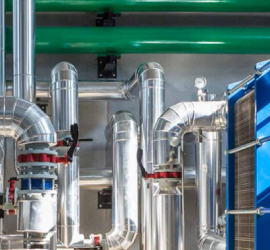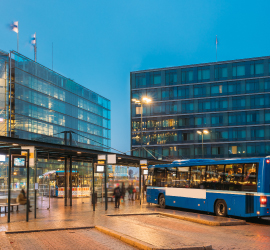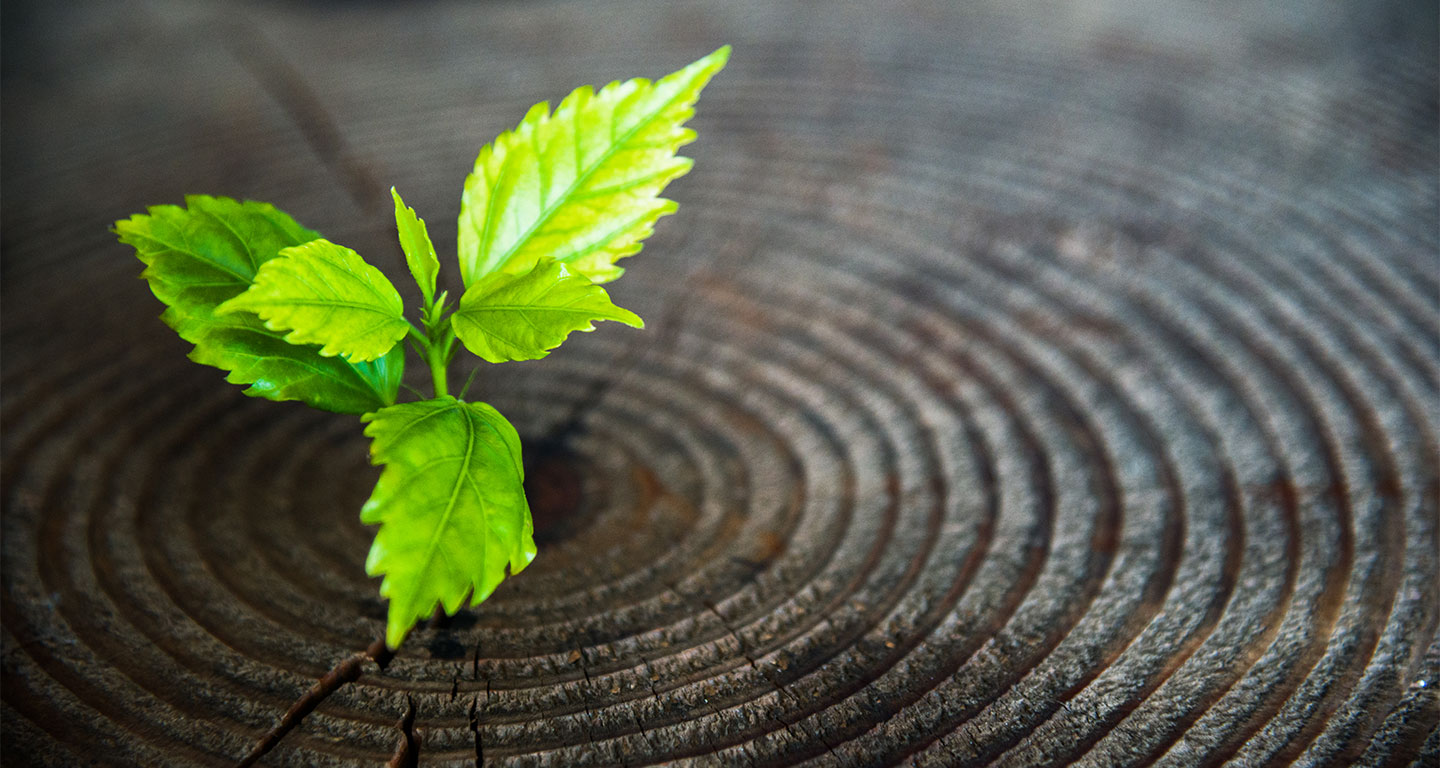
A circular economy means sustainability
Recovering products and components and the reuse of materials for recycling purposes fosters sustainable development because it reduces the need to use precious natural resources and raw materials. For example, Enel X recycled 60 tons of plastic waste to make its line of home chargers for electric cars. This exemplifies the circular economy model, which seeks to compensate for our environmental impact right at the start of the manufacturing process by recycling, reusing and repurposing existing products and materials instead of turning them into waste. Switching from a linear to a circular economy can therefore help us preserve our planet and its resources for future generations — that is, it allows for sustainable development.

How can recycling materials lead to environmental sustainability

Whenever we throw something away — for example a used battery, a plastic bottle, a couch, a pen, or a car — it normally gets buried in a landfill, where toxic materials from discarded household products and industrial waste might seep into the ground, or burned in an incinerator, which release CO2 emissions into the air. But there are ways to protect the environment by recycling. The more we recover and reuse products and materials instead of throwing them away, the less impact we have on our environment and the more sustainable our production and consumption practices become. This is an example of how recycling practices can lead to environmental sustainability.
What are the benefits of recycling?
One of the many advantages of recycling is that it reduces the amount of waste sent to landfills and incinerators. It is also economically beneficial because it creates jobs, since recycling activities are more labor intensive than waste incineration, according to Zero Waste Europe. Another advantage is the impact recycling has on the environment: by reducing the need for raw materials it conserves limited natural resources such as timber, water and minerals. Recycling also prevents pollution and saves energy by reducing the need to collect, transport and treat raw materials.
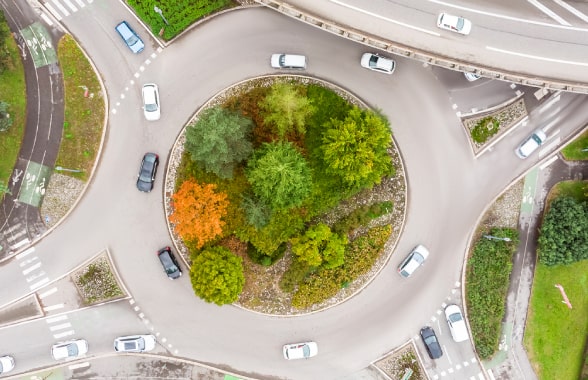
Enel X as a partner to reach sustainability goals
Enel X is committed to fostering the energy transition based on circular economy principles. This is in keeping with the European Week of Waste Reduction (EWWR), whose 2021 edition focuses on how we can manage resources and waste in a sustainable way through circular communities. Enel X's latest electric vehicle battery reuse and recycling projects under the European Commission's IPCEI program as well as its innovative PIONEER project, which uses second life EV batteries to store solar power, are tangible examples of how promoting a circular approach is a priority in the company's mission. These projects demonstrate that the circular economy, sustainability and recycling go hand in hand.
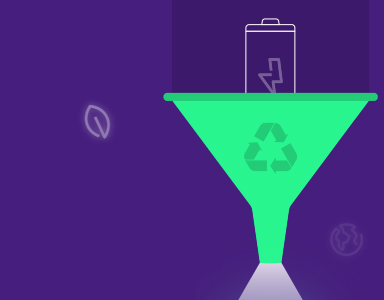
The 2021 edition focuses on how we can manage resources and waste in a sustainable way.
Together, they can provide answers to the challenges we face in our effort to transition to a net zero world. But this effort requires partnership — between the private and the public sectors, between people and their institutions — if we are to achieve our common goal and keep our planet safe for future generations.

